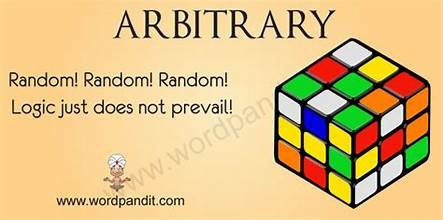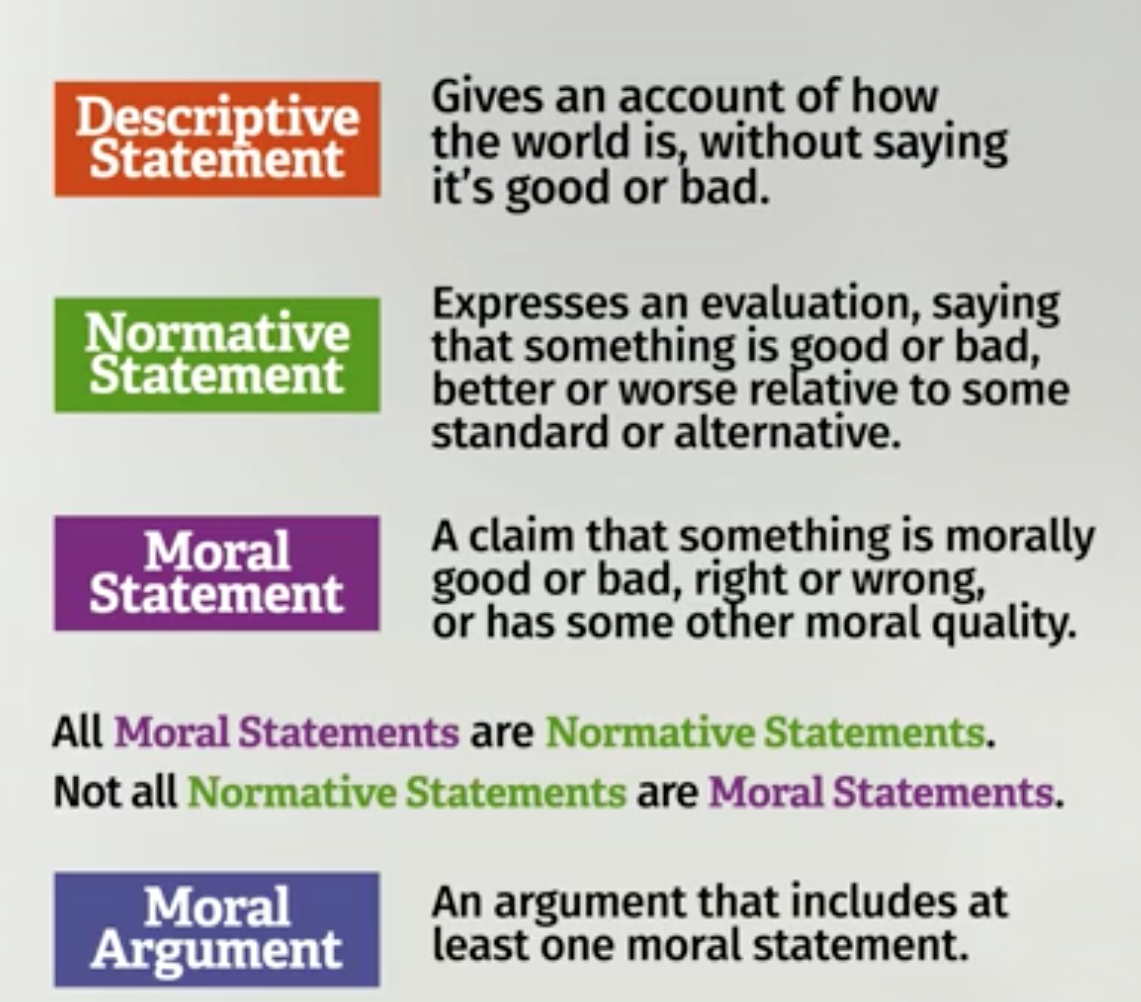In the previous post, I argued that morality is made up of basic atomic statements (eg. “causing another being to suffer for its own sake is wrong”) that cannot be proved or further broken down into non-moral statements. In a way, I’ve actually argued that metaethics (ie. creating an over-arching system that proves morality) is an impossible enterprise. However, this apparent copping-out seems to present several problems. The first as pointed out in the first comment is how to deal and explain disagreements about morality. That I’ll post on later — today I want to address the other criticism, that this makes moral statements arbitrary or implies a total relativism.

Now, the charge of relativism is readily used by a huge number of opponents of any secular explanations of morality, as if this was some awesome argument that would be enough to destroy any theory of morality. And of course rhetorically it’s a powerful trick: “are you saying you can’t condemn Hitler within your moral system?”. There are two problems with playing the relativism card. The first is that if it really is true that moral statements can’t be proved without moral assumptions then all moral systems are relativist in that none of them can prove that, say, Hitler was immoral. The second problem is one of application. If I was to be murdered, tortured or raped tomorrow, it would probably not be by a moral relativist but a moral non-relativist. And I venture to say that, contrary to the assertions of the religious right, moral relativists do not behave any worse than average. Which would be a very revealing thing about the nature of moral systems.

Of course the classic argument — one that I want to address — is the argument from reverse morality. For this, consider a conversation between myself and a detractor.
Detractor: So you don’t believe morality comes from a god or that it’s derivable from logic, science or anything else other than morality?
Michael: Right
Detractor: And from your previous post you think that morality is absent from sociopaths meaning that it requires some kind of biological motivation?
Michael: Of course. The basis of it all is empathy which has to be hard-wired into you as a motivation. There’s no reason to think you can be reasoned into it.
Detractor: But then doesn’t make morality completely arbitrary?
Michael: What do you mean?
Detractor: I mean we happen to have empathy because we evolved it. So it’s the mere luck of our evolutionary history, right? We could have evolved anti-empathy instead, in which case the protagonist of your previous little dialogue would have been wanting to torture the puppy and it would be the sociopath who would want to stop them!
Michael: Well, as the great Jack McCoy from Law and Order once said, if things were different they wouldn’t be the same.
Detractor: That was a cheap answer…
Michael: On the contrary, I think it shows that you’ve answered your own question. If we were all perfectly malevolent then we’d be perfectly malevolent. And then, no logical argument alone could dissuade us from our malevolence.
Detractor: Well then — aren’t we lucky we drew the right evolutionary card!
Michael: Are you saying it’s by chance?
Detractor: Well, if we could have been perfectly malevolent.
Michael: Well herein lies the problem. According to you, morality is some abstract label you can just attach to any action — as if the morality of an action was something supernaturally above and beyond is real-world consequences. But I think that although it’s conceivable that we could have evolved to be perfectly malevolent, the presence of empathy is no coincidence. I mean is it a coincidence that a species with the most powerful mind on earth thus far evolved as a social species with complex relationships, rather than as a solitary species?
Detractor: No.
Michael: And is it a coincidence that within complex social networks, the strategy of altruism (even if it’s reciprocal altruism) might happen rather than a complete war of all against all that’s less manageable?
Detractor: No.
Michael: And is it a coincidence that within complex social networks, we’d evolve the mental machinery to learn from others by putting ourselves in their place? And that this same mental machinery is essentially what empathy (or at least the rudiments of empathy) is?
Detractor: No, of course not. But then again, aren’t you engaging in some just-so stories and speculation? Couldn’t there just as well be other planets where morality evolves completely differently? Haven’t you read Three Worlds Collide?
Michael: Right, and yet I don’t see how any intelligent species can evolve without the principle of empathy, even if it’s implemented in a vastly different way than ours. Combine that with logic and things might not be so arbitrary at all.
Detractor: And if you can’t?
Michael: Well what difference would it make? Even if everyone in the universe was malevolent would that change anything for you? If you were born with the biology of a normal human, this morality is what’s part of your life — you have no choice!
Detractor: And yet something is definitely missing from this picture…
More on why I think it looks like something’s missing later.




0 Comments